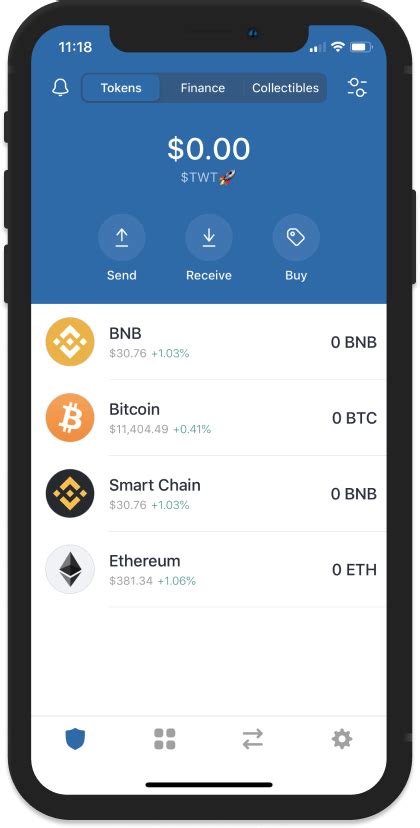Wallet Address: What you need to know for safe transactions
Cryptocurrency has become a popular medium of exchange for online transactions, with millions of users worldwide. However, one crucial aspect of using cryptocurrencies is understanding wallet addresses and how they work. A wallet address is the unique identifier for a user’s cryptocurrency account, and it plays a vital role in facilitating safe transactions.
What is a wallet address?
A wallet address is a string of characters (usually 42 or 44 characters long) that identifies a specific cryptocurrency account on a blockchain network. It’s essentially a digital key that unlocks the funds associated with that account. When you create a new wallet, it generates an address for your account, and this address serves as a unique identifier.
how do wallet addresses work?
Wallet addresses work by linking them to a public key (also known as a private key). This means that when you send cryptocurrency to someone Else’s Wallet Address, they can verify the Sender’s identity using their private key. If the repienty has the matching public key, they can unlock the funds and transfer them to their own account.
Here’s how it works:
- Generating Wallet Address : When you create a new wallet, you generate a unique wallet address.
- PRIVATE CREATING KEY : You also Create a Corresponding Private Key that Corresponds to Your Wallet Address.
- Transferring Funds : To Send Cryptocurrency to Someone Else’s Wallet Address, you use their public key to unlock the funds associated with that address. This is done through a process called “Key Exchange,” where you share your private key with the repientation and they provide their public key.
Types of Wallet Addresses
There are several types of wallet addresses:
- Public Key

: The Most Common Type, which generates a unique hexadecimal string (e.g., 0x1234567890ABCDEF).
- Seed phrase : A longger string of characters that contains the private key and other cryptographic information.
- Seed Words : A set of words that are used to generate multiple private keys.
Security Risks
While Wallet Addresses Provide A Secure Way To Send Cryptocurrency, there are still Security Risks Associated With Them:
- Phishing Attacks : Scammers may try to steal your wallet address by phishing you into a relief sensitive information.
- Private key loss : If your private key is lost or compromised, it can lead to unauthorized transactions and even the loss of funds.
- Wallet compromise : If your Device (e.g., laptop) is infected with malware or hacked, a malicious actor may gain access to your wallet address.
Tips for Safe Transactions
To Minimize Security Risks When using Cryptocurrency Wallets:
- Use Strong Passwords : Choose Unique and Complex Passwords to Secure Your Wallet.
- Keep Your Wallet Address Secure : Never Share Your Wallet Address Publicly or with anyone who doesn’t need it.
- Monitor Your Account Activity : Regularly Check Your Account Balances and Transaction History to Detect Any Suspicious Activity.
- use two-factor authentication (2FA) : Enable 2fa whenever possibly to add an extra layer of security.
Conclusion
Wallet addresses play a crucial role in facilitating safe transactions when using cryptocurrencies. Understanding how they work, the types of wallet addresses available, and the security risks associated with them is essential for users. By taking these precautions and being mindful of your wallet address, you can enjoy the benefits of cryptocurrency while minimizing potential risks.
Important Note : Always uses reputable sources and follow established best practices when creating a new wallet or managing existing accounts. Additionally, consult with experts if you have any questions or concerns about Secure Transactions or Wallet Management.